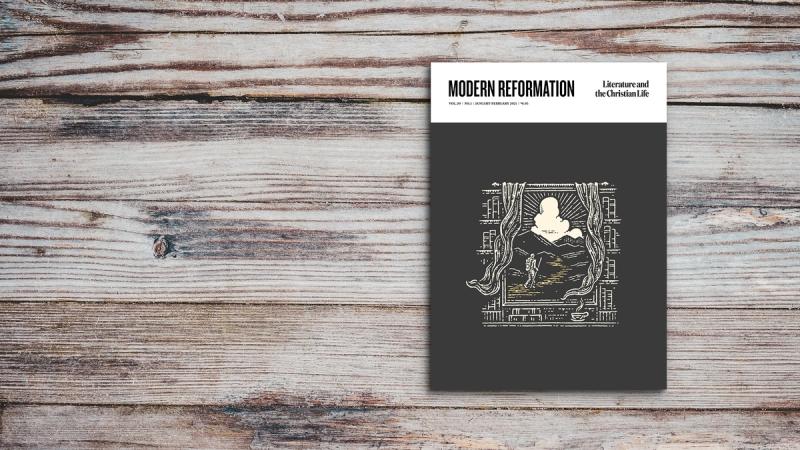Something is afoot today in the Protestant theological world. Thirty-five years ago in his JETS article, “Giving Direction to Theology: The Scholastic Dimension,” Richard Muller noted that much of Modern theology—and, I add, a good deal of evangelical theology—witnessed the rejection of what it considered to be an “outdated” traditional school theology (i.e., Scholasticism) for the purposes of answering new questions raised by advances in the natural sciences and philosophy. The irony of this move, Muller argued, was that by doing so it had severed itself from the rich set of intellectual tools and carefully developed mode of thinking by which the new questions might have been more fully addressed. It turned out that these observations of Muller were not merely observations but something of a research program.
Muller, of course, was not alone in the endeavor. He stood on the shoulders of historians, such as Heiko Oberman and David Steinmetz, and was joined in the work overall by the likes of Robert Preus, Antonie Vos, Willem van Asselt, and a host of students. Their work has ushered in nothing short of a renaissance of Protestant Scholastic theology. Not only are studies of individuals, institutions, debates, and developments from the sixteenth through the eighteenth centuries now numerous, but new digital technologies enable libraries to make their holdings more widely accessible than at any previous time. Resources such as the Post-Reformation Digital Library, Early English Books Online, Universität-und Landesbibliothek Sachsen-Anhalt, Bayerische Staatsbibliothek, Google Books, and more are providing scholars and interested laypersons a wealth of material to enjoy. As a result, this has enabled multiple translation projects of key Protestant texts that had long been shut up in their original Latin (though that, too, is changing, as we are currently seeing a resurgence of theological students learning Latin).
Whether this recovery of the riches of our Protestant theological heritage will remain a smallish movement confined largely to academic circles of confessional Protestants or continue to grow and contribute to generations of clergy and laypersons alike, who—to use J. I. Packer’s famous illustration—become the redwoods of our time and culture, I don’t know. But at Modern Reformation, the one thing we do know is that riches are riches.
In its various iterations, the Protestant tradition has a depth to it that has not always been well recognized, even by its own adherents. For that reason, we are excited to contribute to the retrieval of that Protestant tradition with a new column, “Reformation Resources.” With this column, we will be publishing new findings from library holdings across Europe, English translations of original Latin works that have never been translated, as well as English works that have been out of print since the seventeenth or eighteenth century. With each issue, you can now look forward to a new publication of an old work. It is our hope that each of these will further your own understanding of the depth and breadth of our catholic, Protestant heritage.
Joshua Schendel executive editor







